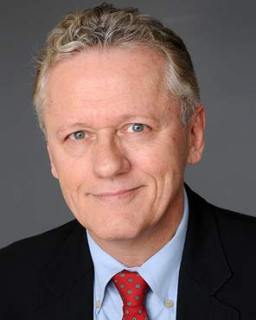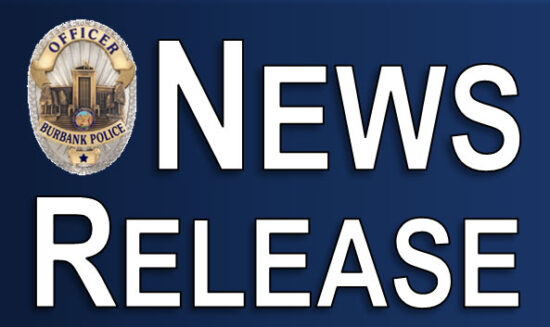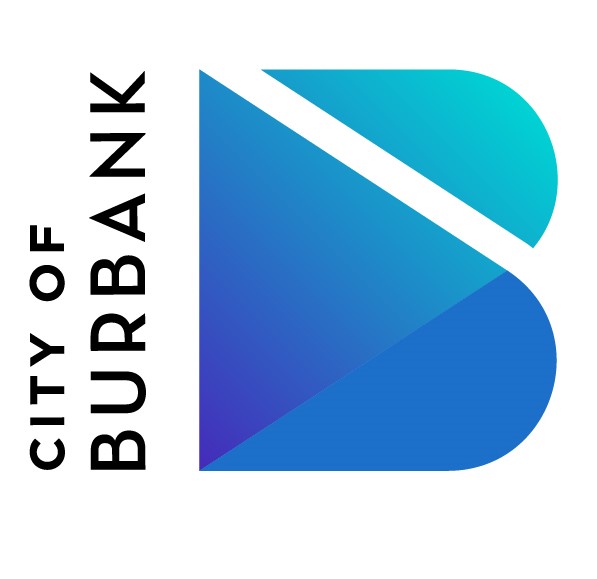Veteran journalist, Will Rogers, announced his candidacy for the Burbank City Council last August and he has been campaigning hard ever since. A strong believer in door knocking, Rogers has visited thousands of Burbank homes over the past several months. In his responses to the questions I emailed to all of the city council candidates, Rogers talks about what he has learned from the residents, his solutions to the problems facing the city, and the qualifications that set him apart from the other contenders.
1. Why are you the best candidate for a seat on the Burbank City Council?
Because I have nearly two decades experience as an award-winning investigative journalist who, among other topics, has covered Burbank’s City Hall in-depth, along the way dealing with and learning about virtually aspect of this municipal government. At the same time, I’ve established a record of tirelessly advocating for public access and public input in the process of the city government making and implementing decisions, and have also created a years-long record establishing my priorities and standards for the city.
Upon coming to love the city my family then specifically chose to call home, I also became extremely involved in a broad variety of charitable, public service and school-related efforts. Unlike some, I don’t simply attend monthly meetings, write a check, or show up when it’s time to give a speech and receive applause. I put in time and physical labor, typically for those tasks that had few or no volunteers. Moreover, I didn’t first become involved shortly before pursuing an appointment or election, but have engaged in these – in some cases with the same organizations – throughout my entire life.
Finally, over the years of covering election campaigns, I’ve advocated virtually countless policies and practices to raise the ethical bar for candidates, and throughout my own campaign I’ve worked hard to abide by those same standards.
2. What are the major problems facing the city that you can help solve?
There are myriad issues to which officials have paid almost endless lip service, and yet where they have consistently failed to take the steps necessary to resolve them. For example, as of this writing, the council has yet again entered into controversy revolving around a proposed development that asked to be permitted less parking than is required, with a greater density (number of apartments) than would be allowed, with these allowances being permitted because the otherwise ordinary project has been deemed “exceptional.”
The term ” exceptional ” has remained in use for years as a device to allow developers exemptions from hard-fought and negotiated regulations and limits. Officials have agreed they need to craft a consistent definition for exceptional. But they seem to articulate this agreement each time they once again employ the undefined “exceptional” to permit a project that is exceptional only in the myriad ways it thwarts the best interests of the community.
Time and again officials have pledged to exert extra effort to notify those potentially impacted by a proposed project or rule change, but when it’s learned a notice didn’t reach all those it could have, or that a meeting wasn’t recorded for replay, or that a web site announcement was buried so deeply within a site that only those who posted it can find it, elected and appointed officials seem to literally shrug with indifference, some openly resenting the complaints that result.
I could go on with the list, but I’ll close with one more. There seems to be no shortage of the special considerations, exemptions and work-arounds to existing rules that are available to developers and a variety of large businesses. I don’t necessarily advocate doing away with all of those, but there is zero corresponding flexibility extended to the general public. Whether it’s a public notice sent to neighbors, or advance word of an upcoming meeting, or perhaps early access to a staff report on a serious and technically complicated matter, meeting the low bar established by the absolute minimums of the law is repeatedly offered as the best City Hall can do. We don’t get waivers, or exemptions, or variances from the City doing the least it can get away with.
I will not accept the very least the City can do under the law as the most the City will do in serving Burbank residents.
3. What are the biggest concerns of residents? What do you think the city council should do to alleviate those concerns?
At the start of my campaign I resolved to try and visit every single-family home in the city, a number I was told was roughly 32,000-34,000, and thus far volunteers supporting me and I have made it to just over half that number in virtually every area of the Burbank. Far and away the most common complaint from those residents I’ve spoken to has been the growing traffic they face, whether on the way to school or the market, commuting to work, or looking out the window to their own street.
Residents are quick to list an intersection that for them best illustrates the growing back-ups, or the seemingly endless red lights they fight to get through in periods of time that are growing longer and longer.
To address this, the city could begin by finally undertaking the long-discussed project of truly synchronizing traffic lights throughout the city. Some officials have claimed in the past that some lights are already synchronized, but in fact only a few have simply been programmed to mimic some aspects of a synch program.
The city must also begin to demand traffic studies for proposed projects that are based in reality, not fantasy, and employ ample information about current conditions, rather than the skimpy, often outdated minimum of data the law requires. Without studies that accurately reflect current traffic, and projections based upon how and where people actually drive, the Council rationalizes exemptions to allow denser projects than would otherwise be permitted, thus worsening traffic.
If these “traditions” are upheld through the development of what is proposed to be the largest all-new development in Burbank since WWII, the so-called “Opportunity Site” off Hollywood Way by the airport, that project alone could overwhelm Hollywood Way and Buena Vista between the 5 freeway and the 134, as well as every major cross street between the two.
Many residents are also concerned about the state of our parks. Moreover, it almost seems as though city staff is attempting to discourage council spending on this by reporting an absurdly high cost figure for a long list of repairs and upgrades, thus predictably scaring off council interest.
The council needs to carefully parse and analyze those projections, deleting unnecessary upgrades and construction, and instead focusing on the basics of true maintenance and upkeep. I believe those figures would be more realistic, reasonable and doable.
Another very common complaint, premised upon situations like the traffic woes described above, is that today’s City Hall is simply not concerned about or interested in neighborhoods or residents in general, save for those in a couple of very affluent areas. They view council members as politicians whose decisions are premised mostly upon plans to run for higher office, or to retain the support of those whose help and support will be needed to win reelection. There is very little confidence that officials are trying to serve the community as a whole, but rather that they’re all trying, through various means and tactics, to promote themselves.
To address these complaints, I’d submit that council members should stop setting their sites on running for higher office and/or reelection, and by giving all citizens and neighborhoods the same prompt attention and consideration enjoyed by a few today.
Two seats on the Burbank City Council are up for a vote. The Burbank primary is February 24, 2015
Q & A with other city council candidates



